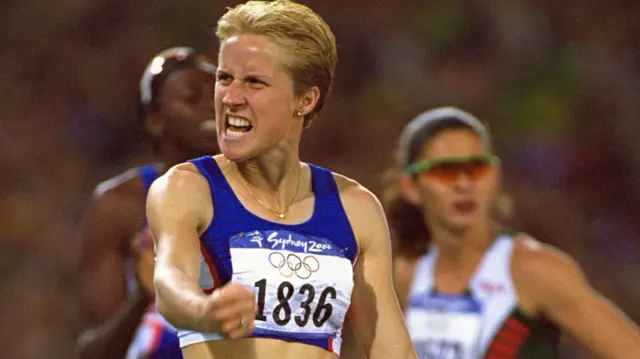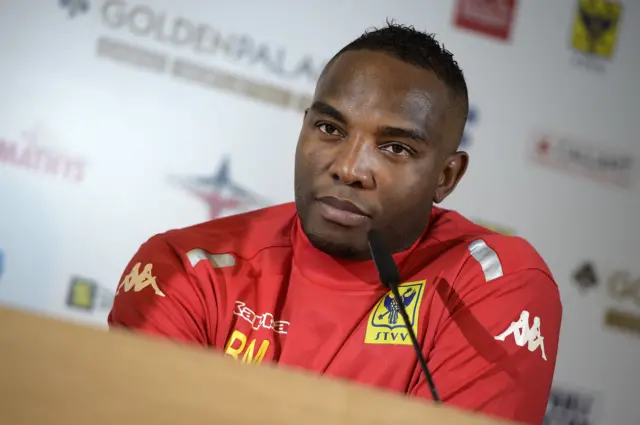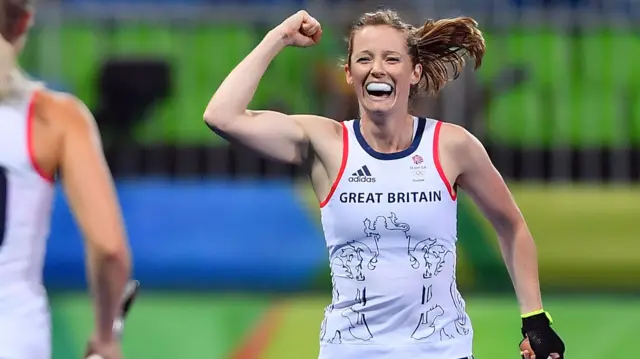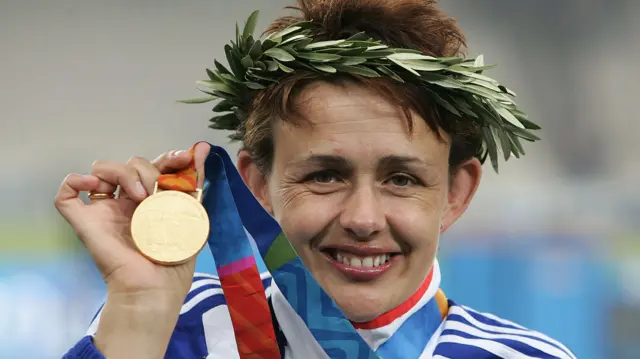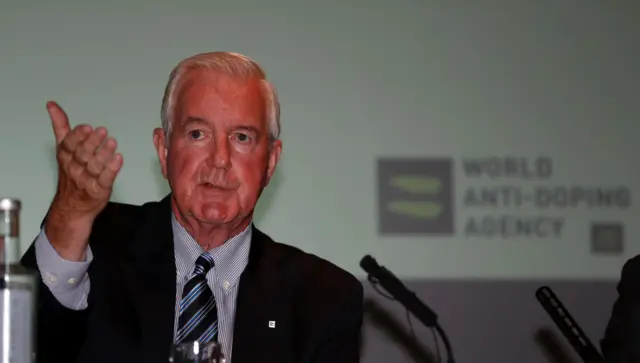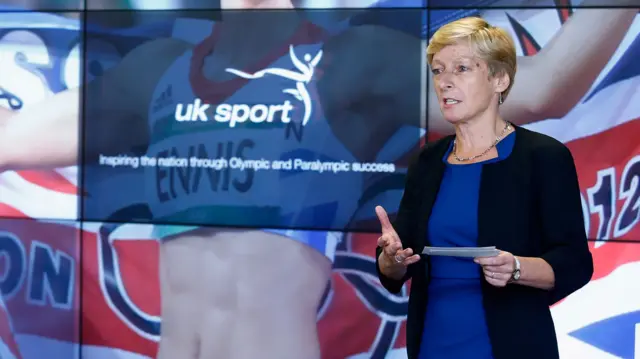'I was popping 1000mgs of ibuprofen a day'published at 20:34 GMT 24 March 2017
State of Sport debate - athlete welfare
 Katharine Merry
Katharine Merry
British 400m bronze medallist at 2000 Olympics
There were times when I was popping 1000mgs of ibuprofen every single day for two, three or four days because I had a race. That was my opportunity and I had to take it. I made a decision on what I had to do there and then.
Did I think about the process afterwards? No. Because I’d go to a doctor or medic and say I need to race, I need to run round a track to earn money. I’d ask ‘is this banned?’ ‘No it’s not.’ ‘Will I die from it?’ ‘Probably not.’ ‘Right let’s get going.’
Athletes do that day in day out. It’s not just an abuse of painkillers in football, you are talking collectively around numerous sports because that is what sports people do.
What needs to be put in place is structures, or personnel, to keep an eye on the athletes, to ask questions and make sure they know what they’re doing.

